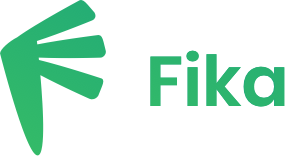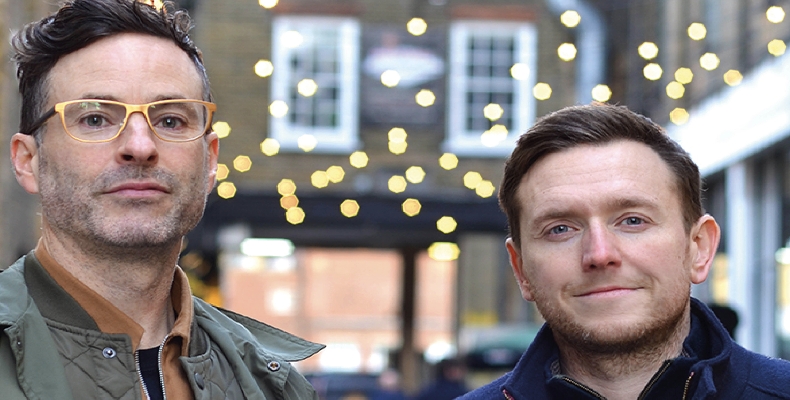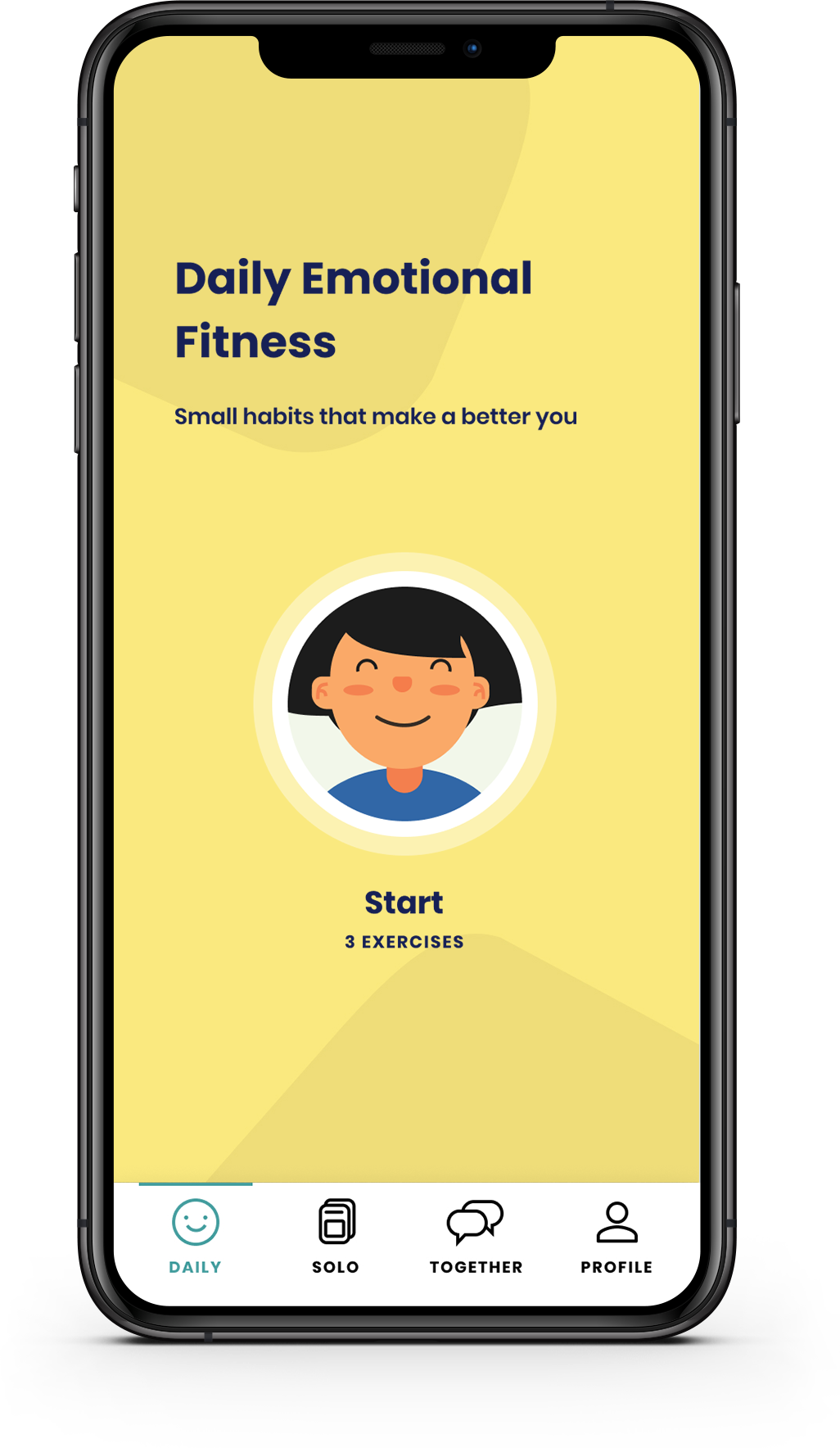
A new app called Fika is helping young people build emotional fitness in just five minutes a day. Unlike traditional wellbeing apps that focus primarily on mental health challenges, Fika is designed as an emotional workout, aiming to strengthen skills such as resilience, adaptability, and empathy.

What makes Fika different?
Inspired by Scandinavian culture, Fika’s approach is rooted in evidence-based practices such as self-reflection, journaling, and co-coaching. The app offers short, structured exercises that can be completed alone or with a friend, encouraging both personal growth and stronger social connections.
Some of the benefits of using Fika include:
Improved confidence and focus.
Increased social connection and empathy.
Development of resilience and adaptability.
Encouragement of gratitude and goal setting.
By positioning emotional fitness alongside physical fitness, Fika is reframing how young people approach wellbeing.

Why Fika is aimed at university students
At present, Fika is available exclusively for university students across the UK. Co-founders Nick Bennett and Gareth Fryer explain their mission:
“We have big work ahead of us and can’t achieve the genuine cultural change we want to see in the world alone. We are calling on all universities across the UK to join us in our mission, and help us build a brighter future for student wellbeing through our science-backed, peer-to-peer-based approach. We are stronger together, so come on board to help us enable more students to flourish, at university and beyond.”
The evidence behind Fika
Fika is aligned with the 2019 NICE evidence standards for digital health technologies and draws on scientific approaches such as:
Cognitive Behavioural Therapy (CBT)
Acceptance and Commitment Therapy (ACT)
Solution-Focused Therapy
Mindfulness
Positive Psychology
This science-backed foundation ensures Fika is more than just another wellbeing app – it’s a practical tool for building emotional resilience and soft skills that benefit students both during and beyond university life.
Why CAMHS professionals should take notice
Although Fika is currently targeted at university students, its focus on emotional fitness, resilience, and social connection reflects priorities that resonate deeply with Child and Adolescent Mental Health Services (CAMHS). Professionals working with young people will no doubt welcome the rise of digital tools that help normalise conversations about wellbeing and provide accessible, evidence-based support.
As CAMHS practitioners, we can only hope that Fika – and apps like it – become part of mainstream culture sooner rather than later.








